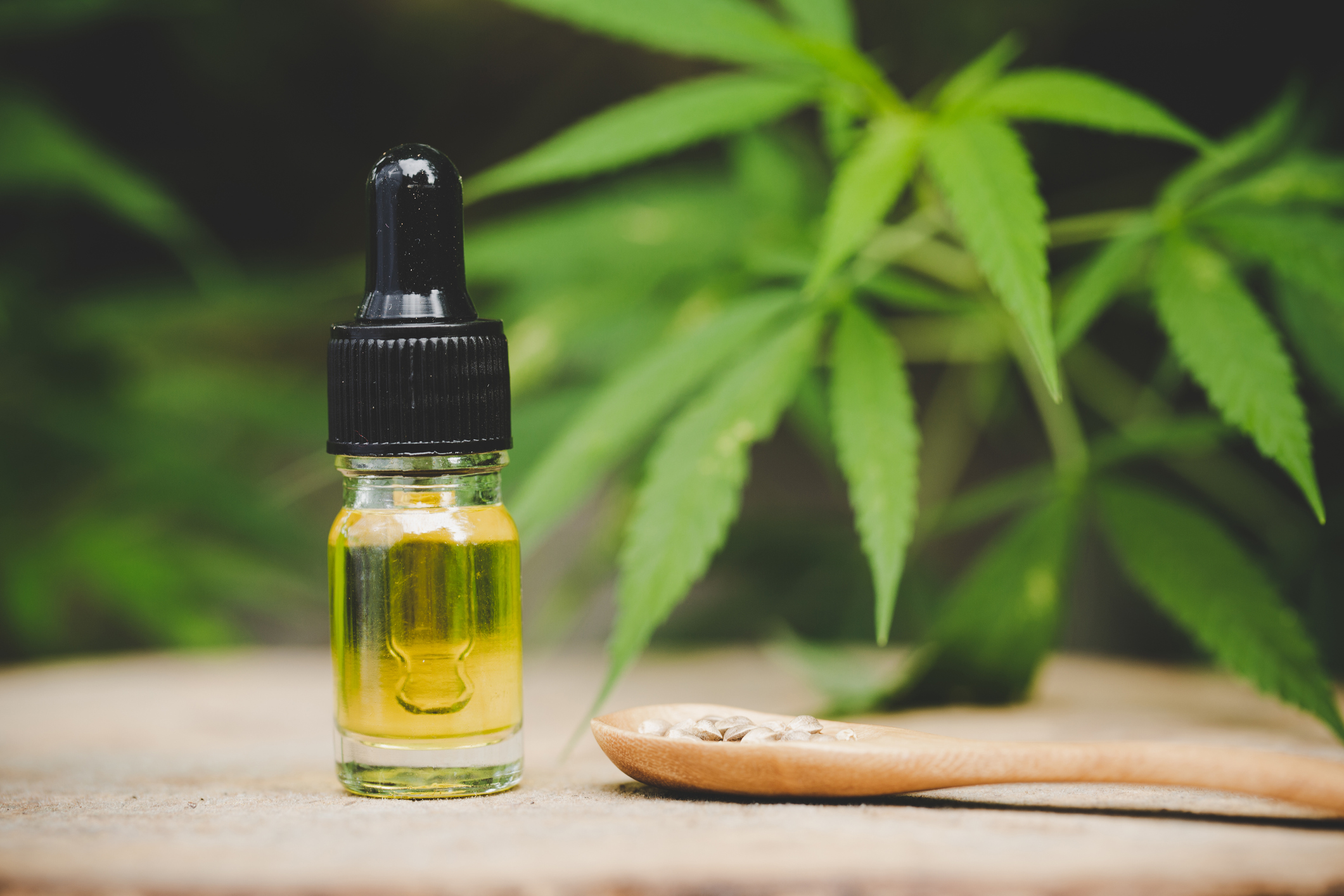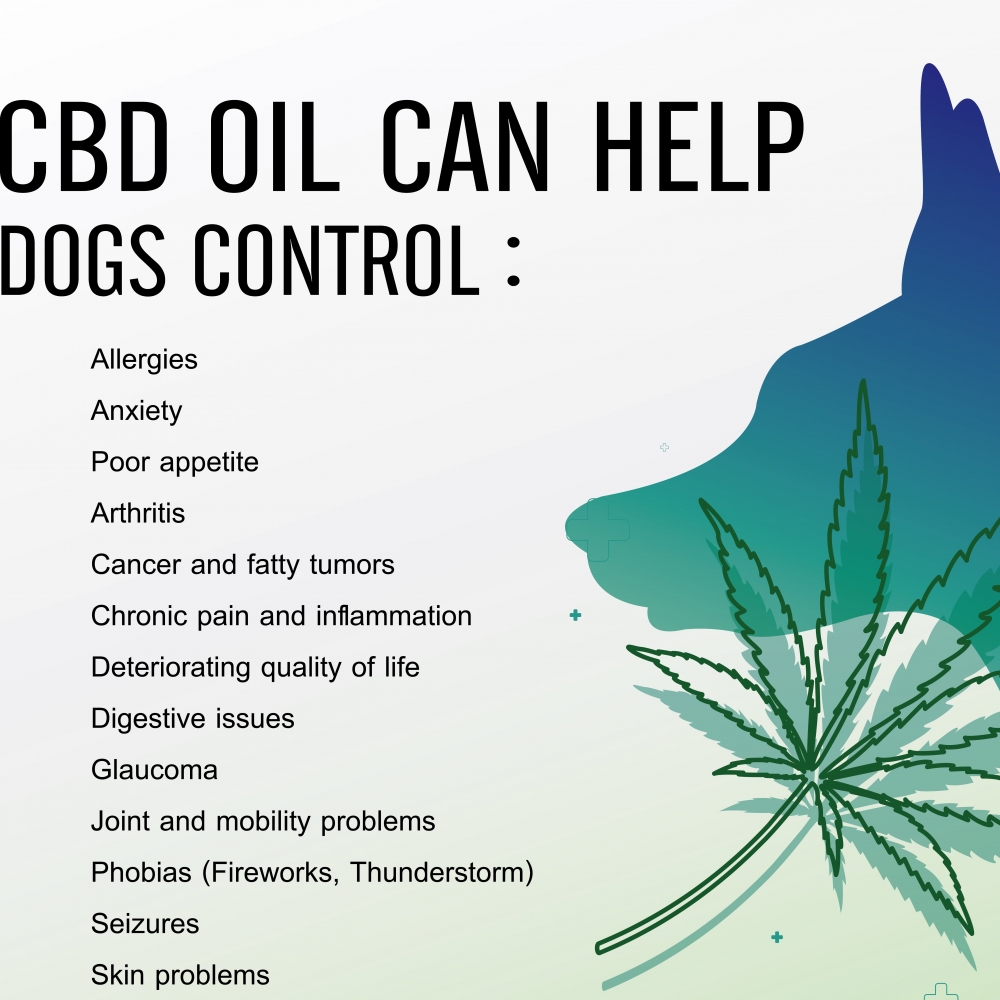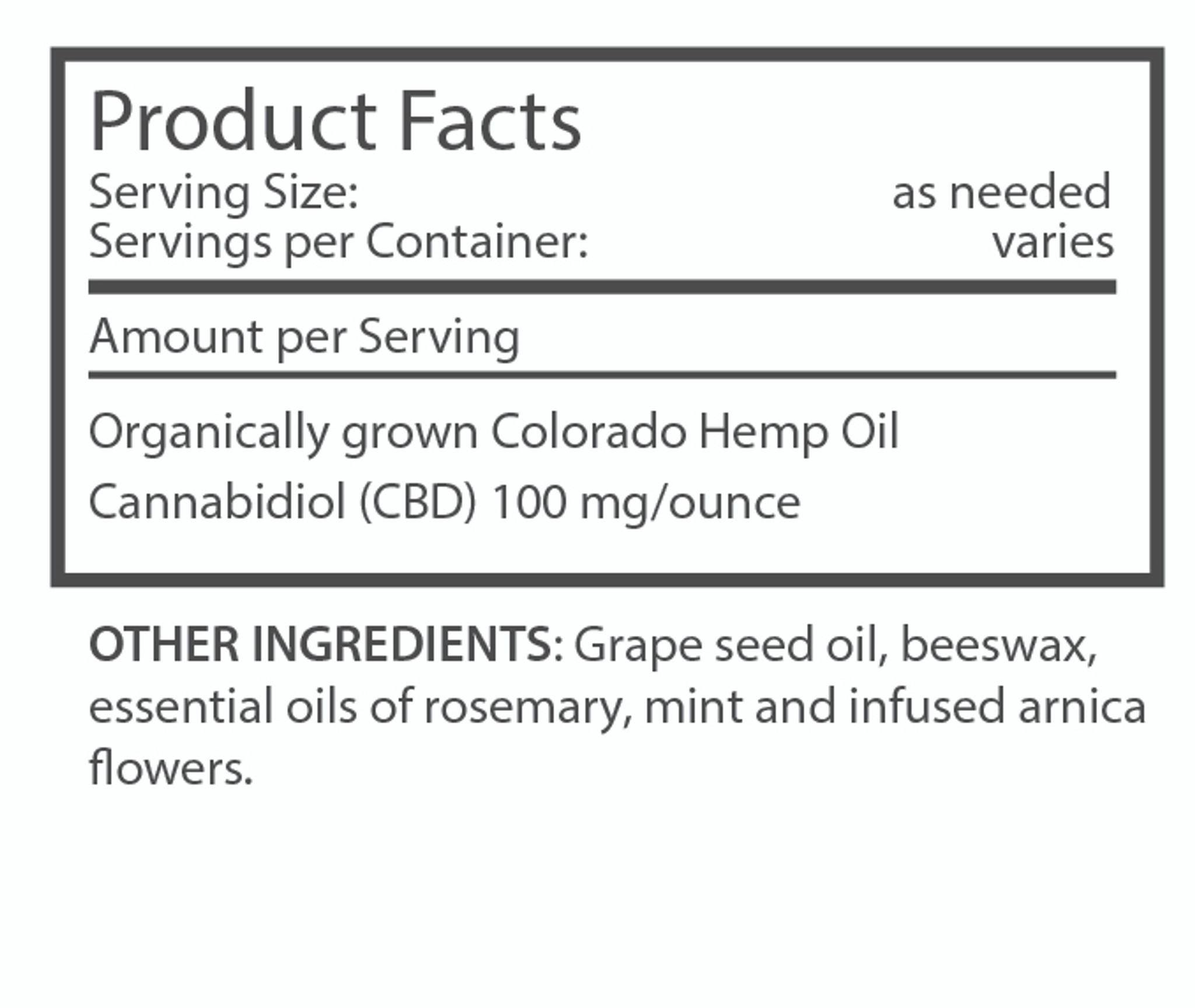
If you're looking for the truth about CBD oil, you've come to the right place. You can find out more about Cannabidiol's side effects and legality. Many myths surround this product, which is why it should not be taken.
Cannabidiol
Cannabidiol oil is a non-intoxicating marijuana extract that is gaining popularity around the world. It's being promoted as a cure for everything, from anxiety to seizures. CBD oil is found in many different products. This oil is produced by dozens of companies. There are many producers of this oil, including licensed producers, compounding pharmacies and individual sellers.
CBD oil has a very low amount of EPA-regulated substance. CBD oil contains contaminants, but that does not mean they are free from them. It has been shown that CBD can have a negative effect on male reproduction in animals.
CBD oil
CBD oil has many health benefits. It is used to alleviate anxiety, insomnia and inflammation. It is also promising as a treatment of depression. Many health experts recommend it as a supplement. But there are many myths surrounding the product's effectiveness. Here are some facts.

CBD is neutral in taste and relatively inert. CBD is similar to vegetable and castor oils. It can be taken without fear of causing stomach upset or activating the gag reflex. However, CBD oil can cause side effects in some people who are taking certain medications. Those taking certain medications should consult with a physician before taking CBD oil.
Side effects
CBD oil may have some side effects, but they are uncommon and short-term. A low blood pressure may cause dizziness. CBD oil can help with dizziness. The dizziness typically subsides within a few hours.
Some studies have shown CBD has strong anti-inflammatory effects, which could be helpful in autoimmune disorders. This finding is still being confirmed by more research. Another study has shown that CBD can reduce symptoms of mental disorders like schizophrenia. These studies also found that CBD can relieve anxiety and decrease pain.
Legality
There are still questions regarding legality of CBD oils, which are derived from hemp, in some states. The state of Indiana allows residents to legally buy CBD oil, but its THC content must be below 0.3%. Meanwhile, residents of Kansas and Iowa may use CBD oil for medical purposes without violating the criminal marijuana laws. Notably, CBD oil is not allowed to be sold in Kentucky for medical reasons unless prescribed by a physician or participating in a state-sponsored trial.
There are exceptions to this rule. Texas allows CBD oil buyers to buy from companies that have passed independent lab tests that show that it has a lower THC content than 0.3%. Texas House Bill 1325 allows farmers to sell CBD oil derived from hemp that has a low level of THC. In Virginia, CBD oil can be purchased and used as long as it has at least 15% CBD, 5% THC, and is prescribed by licensed physicians.

Cost
Many factors can explain the high cost of CBD oils. These include the legal, regulatory and testing requirements that must be fulfilled. Manufacturers also need to earn a profit, as well as cover the risks of producing and marketing the product. CBD oil can have a markup of 400% or greater than other products.
The process of extracting CBD oil from cannabis is labor-intensive. Manufacturers must wait until the entire growing season for CBD oil to harvest the aerial parts from the stalk. This takes several weeks and is estimated to cost $140 per week. This figure would rise to $2,800 if the plant was grown outdoors. It would cost around $1960 to grow it indoors, in a 6'x6' room.
FAQ
How can companies successfully market CBD products in a regulation-compliant manner?
The FDA doesn't regulate hemp as an agricultural commodity. The FDA regulates cannabis derivatives (e.g. marijuana) under the Controlled Substances Act. CBD is not covered by any regulations.
CBD is legal in 29 states. However it is still illegal under federal law. This creates uncertainty for businesses looking to sell CBD products.
The FDA also has guidelines for how CBD products should be advertised. THC content must be clearly disclosed. Without supporting scientific evidence, CBD cannot be claimed to treat certain medical conditions.
Further, the FDA requires that manufacturers provide information on manufacturing practices and quality controls. To demonstrate safety and efficacy, the FDA requires companies to perform clinical trials.
These factors are crucial for companies to consider when developing their marketing strategies.
Are CBD companies a good investment?
It depends on what you're looking for in a solution to this question. These machines are great investments if your goal is to make money. But if you're looking for something to help people, then they are not the best investment.
Which countries produce CBD with the highest quality?
The United States produces the vast majority of CBD products.
Canada, Australia New Zealand, Israel and New Zealand also produce high-quality CBD product.
Statistics
- The inhibition of FAAH is predicted to lead to an increase in brain and plasma concentrations of AEA, which acts as a partial agonist at CB1R and CB2R, thereby increasing endocannabinoid tone [92, 110]. (ncbi.nlm.nih.gov)
- As a substance that was federally illegal before the passage of the 2018 Farm Bill, hemp-derived cannabinoids with no more than 0.3% THC still face a regulatory grey area. (forbes.com)
- While the primary injury may not be treatable, interventions that attenuate secondary sequelae are likely to be of benefit [203].Only one study (ncbi.nlm.nih.gov)
- A recent study [161] also found that in vitro CBD treatment (i.e., ≤ 2 h exposure to 10 μM) induced ~40% vasorelaxation in isolated (pre-constricted) (ncbi.nlm.nih.gov)
- OralWhere HED is the human equivalent dose, and Km is a correction factor estimated by dividing the average body mass (BM) of the species (60, 0.020, and 0.150 kg for 11 humans, mice, and rats, respectively) and by its surface area (see: Nair et al. (ncbi.nlm.nih.gov)
External Links
How To
How to get certified for selling CBD products
CBD (cannabidiol) is one of the hundreds of cannabinoids found in cannabis plants. It's been used medicinally throughout history, including traditionally in China, India, and many South American countries. In recent years, however, its popularity has skyrocketed due to its ability to treat conditions like anxiety, pain, epilepsy, and inflammation. But if you want to start selling CBD products, there's no official certification program available yet -- at least not in the U.S. That means anyone who wants to make money off their own line of CBD products has to rely on the "unofficial" process of self-certification.
You have two options. One way to do this is to join the local association of cannabis-business owners. You can get support and advice from other members while learning from them. There are currently many associations across the country. The second option is to take your business online. Canna-businesses can now operate online in many states. If this is the case, then you can establish your own website immediately and start accepting orders. However, you will still need to register at your state's Department of Public Health. Once you have registered, your state's Department for Public Health will issue you a license. After receiving your license, you are legally allowed to open a store and start accepting orders.